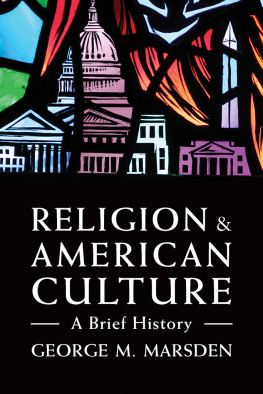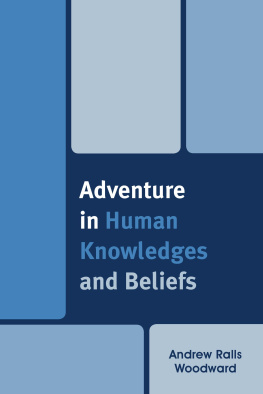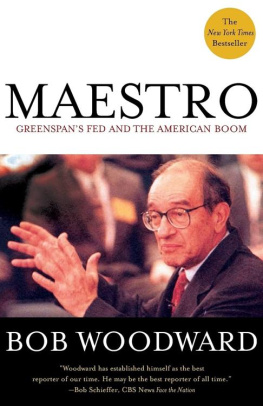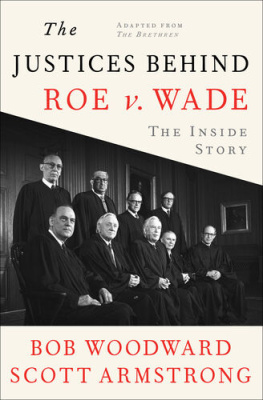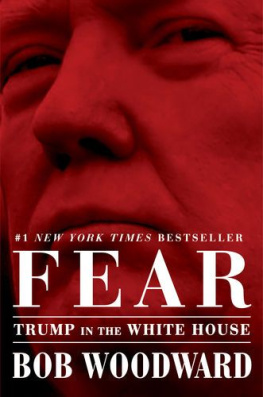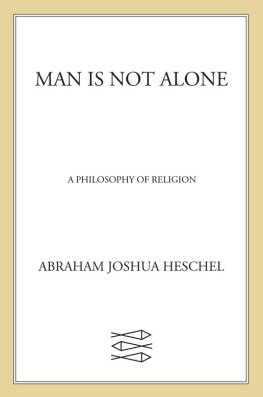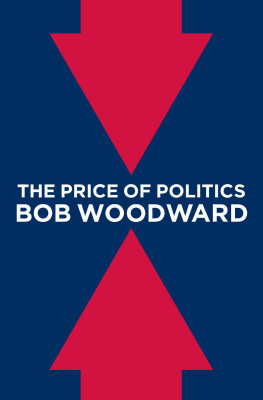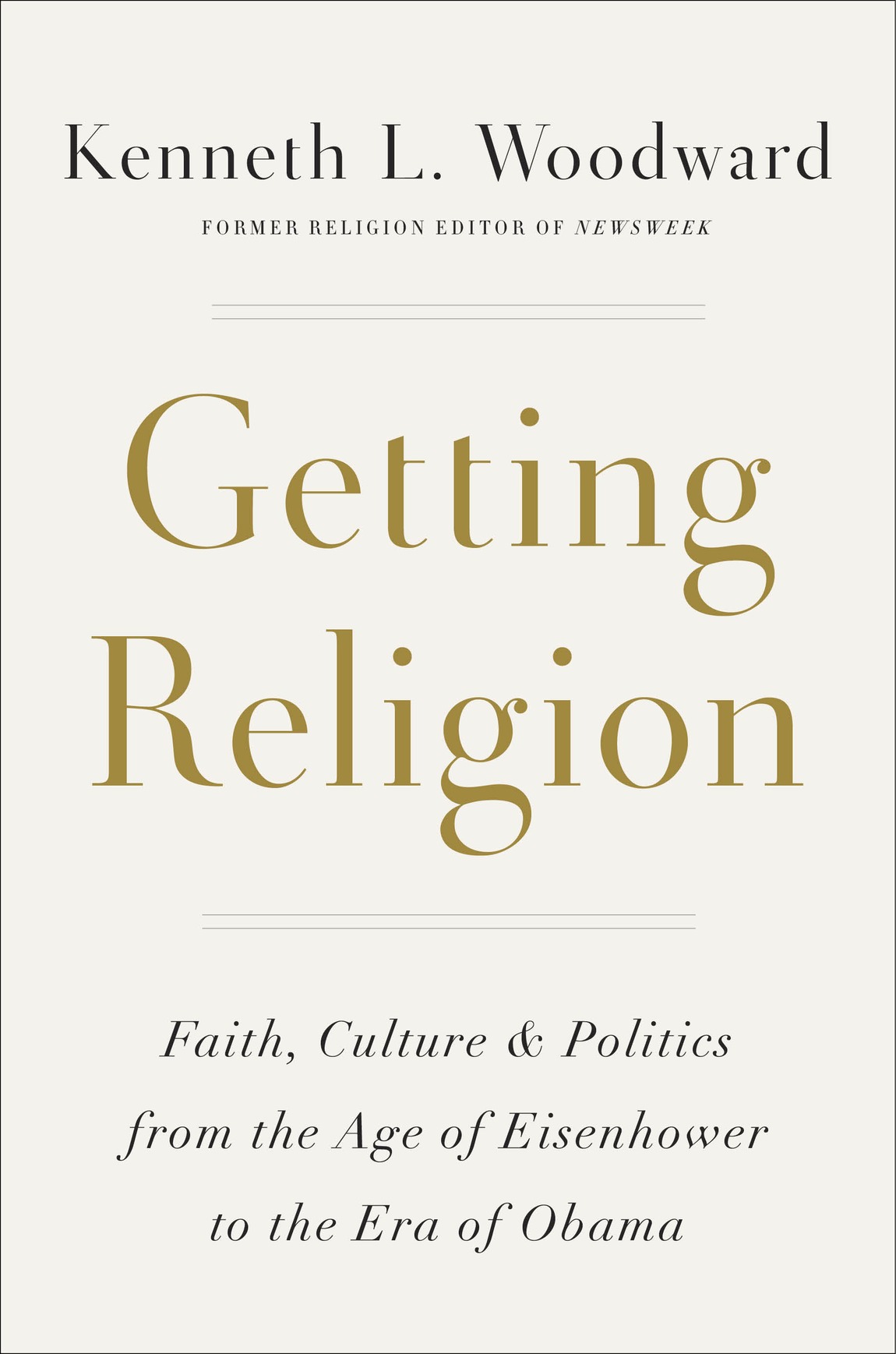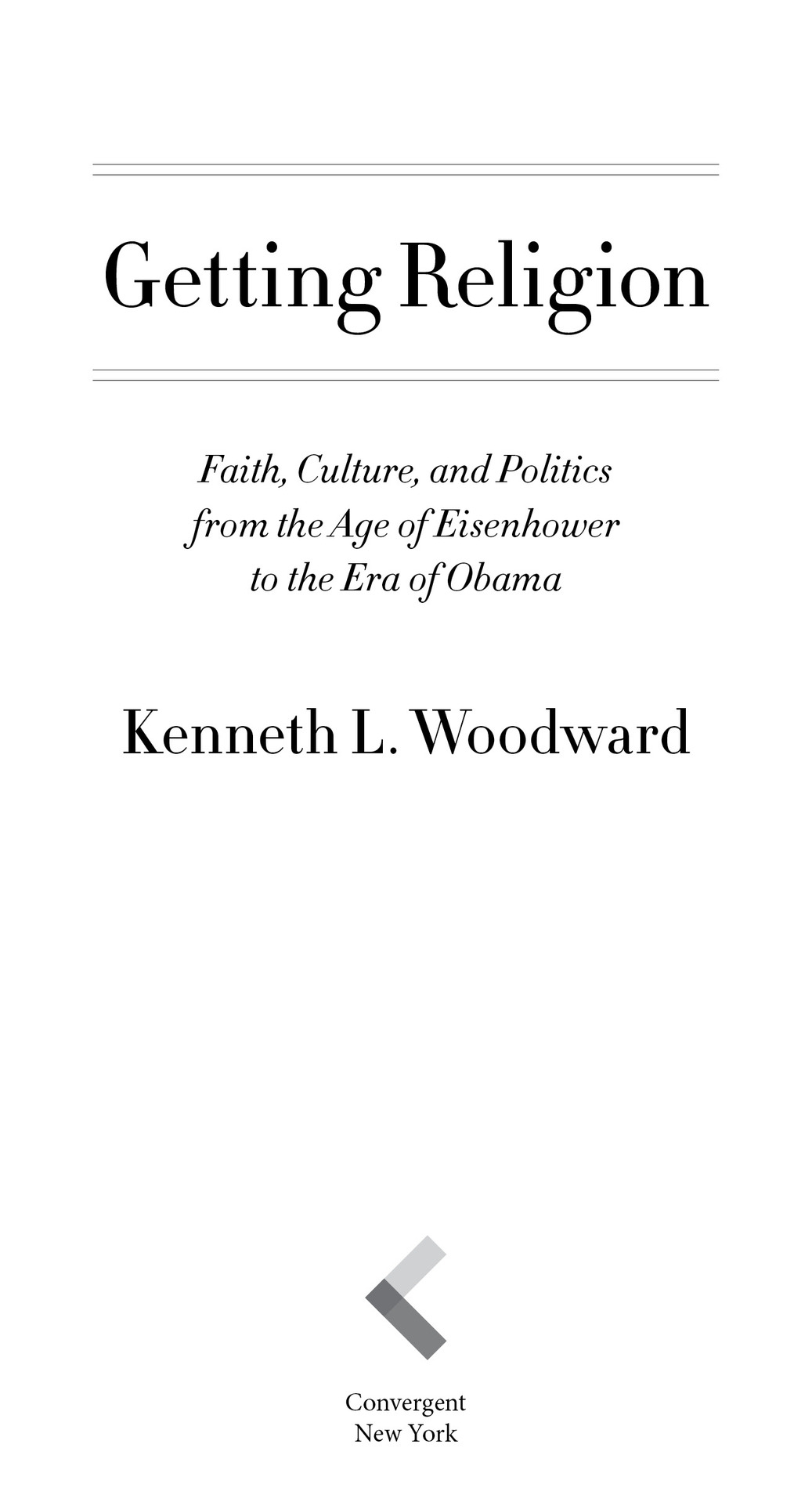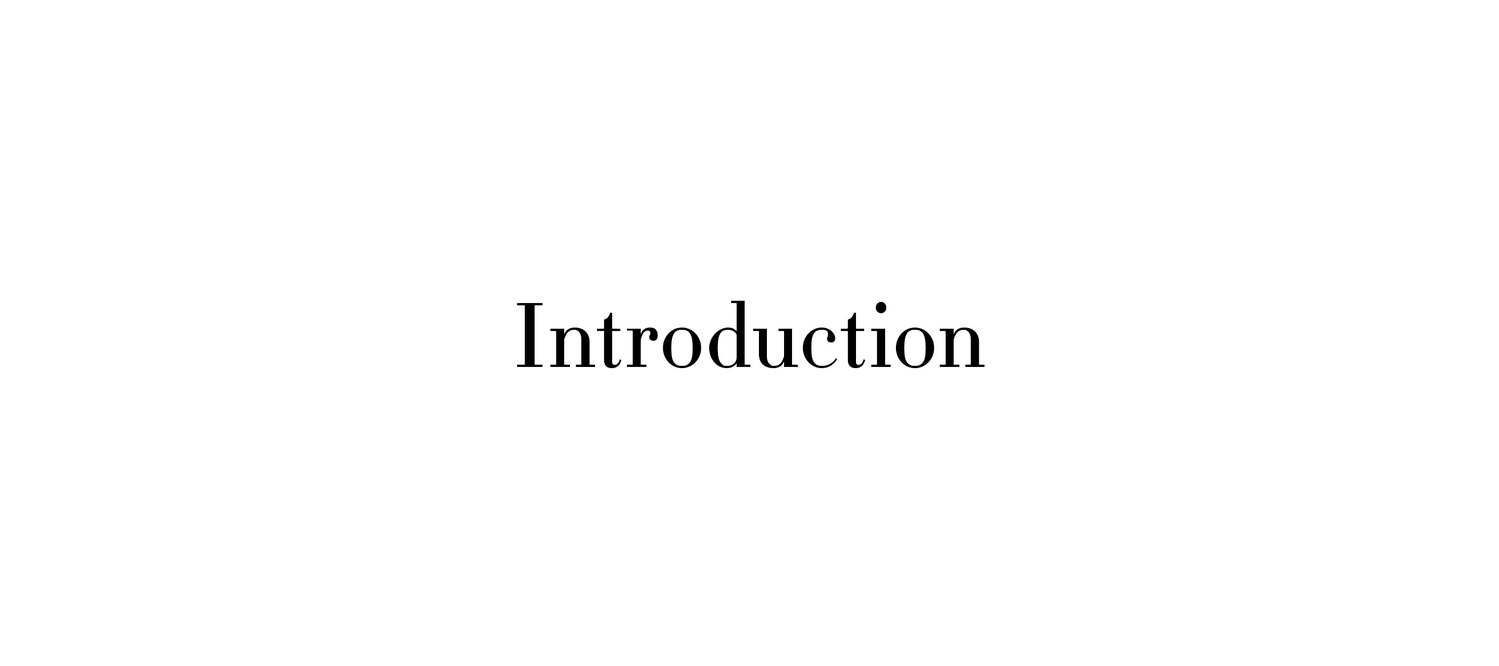Woodward - Getting religion: faith, culture, politics, from the age of Eisenhower to the era of Obama
Here you can read online Woodward - Getting religion: faith, culture, politics, from the age of Eisenhower to the era of Obama full text of the book (entire story) in english for free. Download pdf and epub, get meaning, cover and reviews about this ebook. City: United States, year: 2016, publisher: Convergent Books;The Crown Publishing Group, genre: Religion. Description of the work, (preface) as well as reviews are available. Best literature library LitArk.com created for fans of good reading and offers a wide selection of genres:
Romance novel
Science fiction
Adventure
Detective
Science
History
Home and family
Prose
Art
Politics
Computer
Non-fiction
Religion
Business
Children
Humor
Choose a favorite category and find really read worthwhile books. Enjoy immersion in the world of imagination, feel the emotions of the characters or learn something new for yourself, make an fascinating discovery.

Getting religion: faith, culture, politics, from the age of Eisenhower to the era of Obama: summary, description and annotation
We offer to read an annotation, description, summary or preface (depends on what the author of the book "Getting religion: faith, culture, politics, from the age of Eisenhower to the era of Obama" wrote himself). If you haven't found the necessary information about the book — write in the comments, we will try to find it.
Impeccably researched, thought-challenging and leavened by wit, Getting Religion, the highly-anticipated new book from Kenneth L. Woodward, is ideal perfect for readers looking to understand how religion came to be a contentious element in 21st century public life.
Here the award-winning author blends memoir (especially of the postwar era) with copious reporting and shrewd historical analysis to tell the story of how American religion, culture and politics influenced each other in the second half of the 20th century. There are few people writing today who could tell this important story with such authority and insight. A scholar as well as one of the nations most respected journalists, Woodward served as Newsweeks religion editor for nearly forty years, reporting from five continents and contributing over 700 articles, including nearly 100 cover stories, on a wide range of social issues, ideas and movements.
Beginning with a bold reassessment of the Fifties, Woodwards narrative weaves through Civil Rights era and the movements that followed in its wake: the anti-Vietnam movement; Liberation theology in Latin America; the rise of Evangelicalism and decline of mainline Protestantism; womens liberation and Bible; the turn to Asian spirituality; the transformation of the family and emergence of religious cults; and the embrace of righteous politics by both the Republican and Democratic Parties.
Along the way, Woodward provides riveting portraits of many of the eras major figures: preachers like Billy Graham and Jerry Falwell; politicians Mario Cuomo and Hillary Clinton; movement leaders Daniel Berrigan, Abraham Joshua Heschel, and Richard John Neuhaus; influential thinkers ranging from Erik Erikson to Elizabeth Kubler-Ross; feminist theologians Rosemary Reuther and Elizabeth Schussler-Fiorenza; and est impresario Werner Erhardt; plus the authors long time friend, the Dalai Lama.
For readers interested in how religion, economics, family life and politics influence each other, Woodward introduces fresh a fresh vocabulary of terms such as embedded religion, movement religion and entrepreneurial religion to illuminate the interweaving of the secular and sacred in American public life.
This is one of those rare books that changes the way Americans think about belief, behavior and belonging.
Christianity Today, 2017 Book Awards - Award of Merit
Woodward: author's other books
Who wrote Getting religion: faith, culture, politics, from the age of Eisenhower to the era of Obama? Find out the surname, the name of the author of the book and a list of all author's works by series.

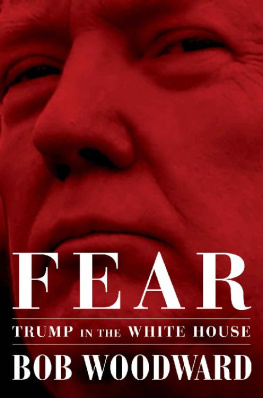



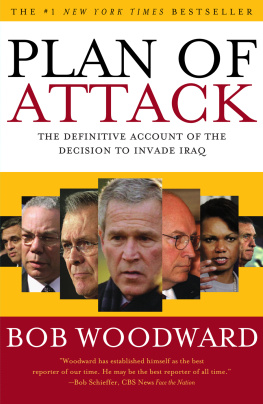
![Woodward - State of Denial: Bush at War: [Part III]](/uploads/posts/book/211038/thumbs/woodward-state-of-denial-bush-at-war-part-iii.jpg)
